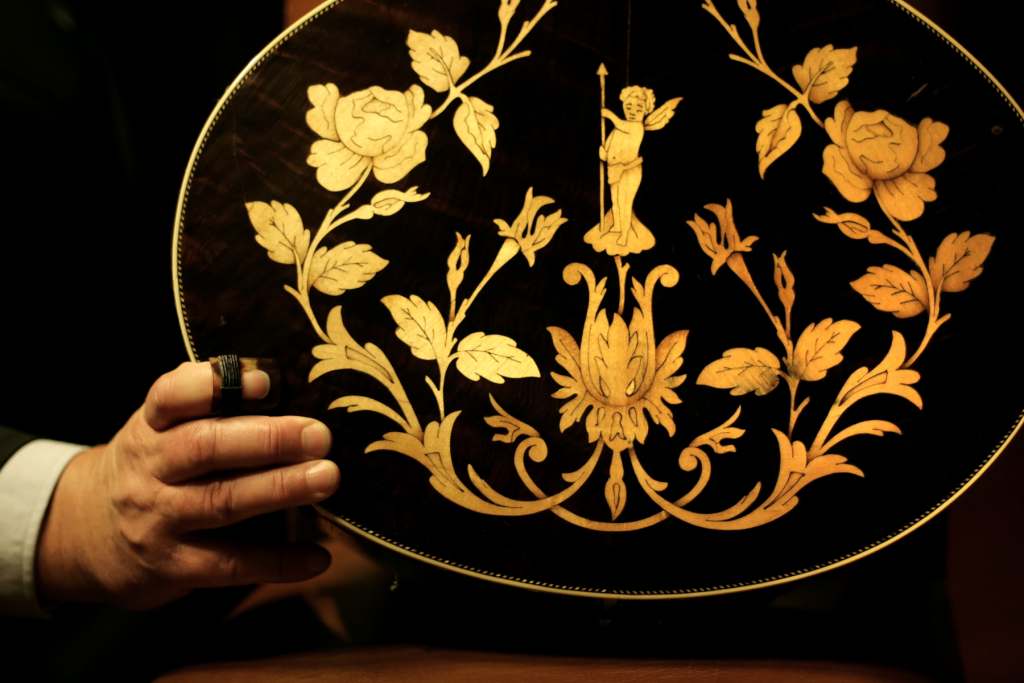Lisbon comes alive with the Caixa Alfama Festival
Every September, Lisbon’s oldest quarter transforms into a living stage for the Caixa Alfama Festival 2025, one of Portugal’s most atmospheric celebrations of Fado. On 26 and 27 September, more than 40 artists will perform across 12 venues – from churches and auditoriums to squares and cultural houses – making the festival a highlight of Lisbon’s cultural calendar.
A Brief History of the Caixa Alfama Festival
First held in 2013, the Caixa Alfama Festival was created to celebrate Fado, Portugal’s UNESCO-recognised musical tradition. Unlike other music festivals, Caixa Alfama spreads performances across Alfama’s winding streets, candlelit churches, and intimate squares. This approach ensures that audiences don’t just hear Fado, they experience it in the settings where it has echoed for centuries. Over the years, the festival has featured both established stars and rising talents, preserving the genre’s heritage while keeping it relevant for new audiences.
When It Is Where It Is How Much It Costs
The Caixa Alfama Festival 2025 takes place on Friday 26 and Saturday 27 September. Concerts will unfold across 12 historic locations in Alfama, all within walking distance of one another.
Tickets are excellent value:
35€ for a one-day pass
45€ for a two-day pass
The full programme and line-up can be found at caixaalfama.com/cartaz, and passes can be purchased online in advance.
Why You Should Go
The Caixa Alfama Festival offers an authentic way to discover Lisbon’s most iconic neighbourhood. As you move between venues, you’ll pass through narrow cobbled streets, traditional taverns, and miradouros (viewpoints) overlooking the Tagus River. Along the way, you’ll encounter both famous Fado singers and rising voices, each adding to the atmosphere of discovery.
For an even deeper dive into Lisbon’s Fado heritage, combine the festival with visits to:
- Maria da Mouraria, the birthplace of Fado and home to Maria Severa, the genre’s first great star. Here you’ll find Maria da Mouraria, an intimate Fado house offering live music alongside Portuguese cuisine.
- Casa-Museu Amália Rodrigues, , the former home of Portugal’s most legendary singer, filled with her dresses, jewellery, awards, and memorabilia.
- Ah Amália – Living Experience in Marvila, a modern exhibition using holograms and virtual reality to tell her story across eight immersive rooms.
While there you can also explore the city’s amazing street art.
Practical Tips for Festivalgoers
Getting there: Alfama is easily reached by tram 28 or metro to Santa Apolónia. Be prepared for steep, narrow streets – comfortable shoes are a must.
Where to stay: Consider hotels or guesthouses in Alfama or nearby Mouraria for easy access to venues. Book early, as accommodation fills quickly around festival dates.
Food and drink: Between shows, enjoy petiscos (Portuguese tapas) at local tascas or try a glass of vinho verde. Many restaurants in Alfama also offer late service during festival nights.
Insider advice: Arrive early to secure seats in smaller venues. The charm of the festival lies in moving between concerts, so leave time to explore.

